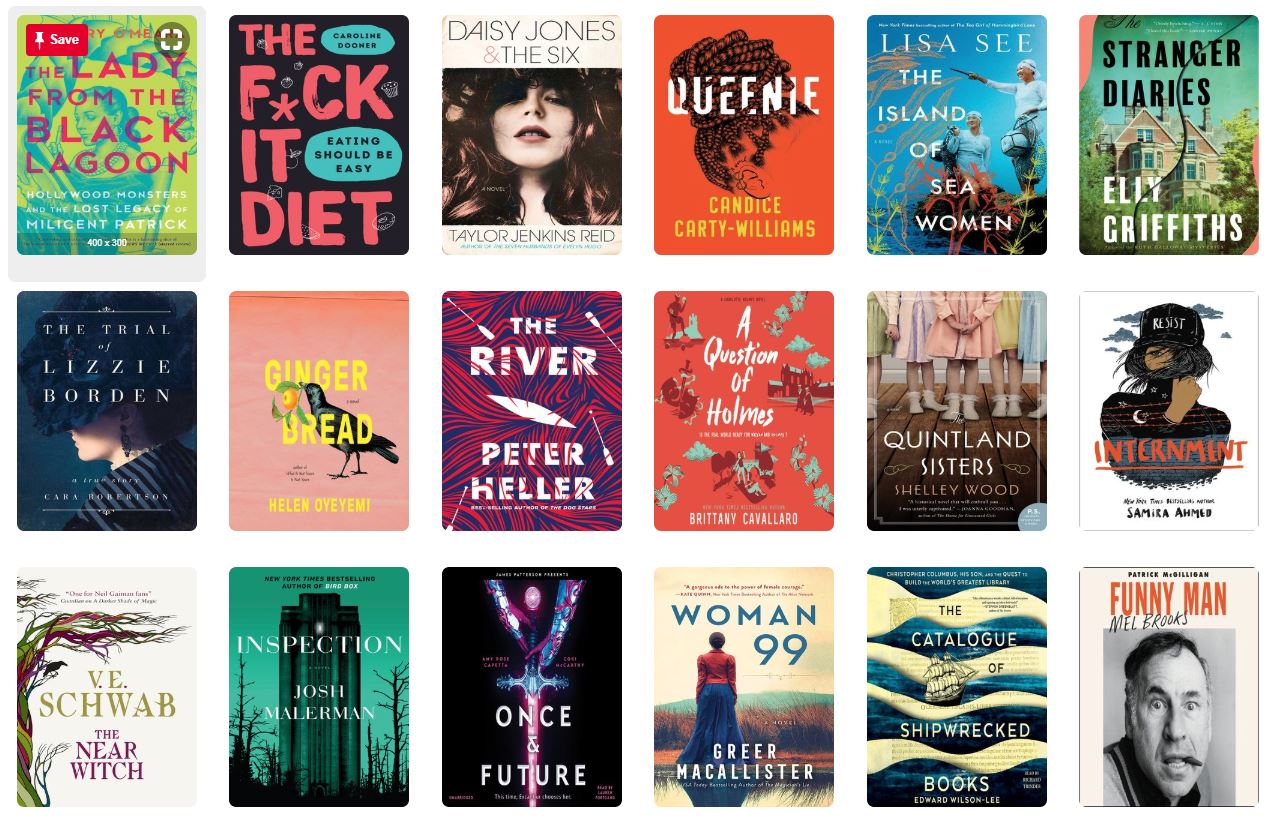Greer: How would you describe what you write?
Amy: I think of my Kopp Sisters novels as historical fiction that happens to be about crime-fighting and detective work. Constance worked, in real life, as a deputy sheriff, but the point of the novels is never to figure out whodunit. It's her life, her family, the world she lived in. On one hand it's this historical, multi-book family saga, but I also want these books to be quick and fun and lighthearted.
Greer: What’s the last book that blew you away?
Amy: I adored Nell Stevens' THE VICTORIAN AND THE ROMANTIC. I generally don’t like novels that weave between a historical story and a modern day researcher/historian trying to figure her own life out as informed by this other past life (how is this a genre, much less one I know well enough to have an opinion about?) but actually this is a memoir and a lovely depiction of a real person grappling with a subject she’s trying to write about and understand—and I do relate to that!
Greer: What do you find most challenging or most exciting about researching historical women?
Amy: This isn't specific to researching women, but for me there are a couple of challenges specific to historical fiction: language and cultural values. I spend so much time working on the language and trying to make it true to the time and the characters. I read old letters, newspapers, transcripts of speeches, Congressional testimony--anything that gives me an idea about how people actually spoke in the 1910s. The language of the 1910s is pretty modern, so it's not a super-obvious style on the page. It's subtle, and I tinker with it a lot, and I'm sure I still don't have it right.
The cultural values are a bigger, more complicated issue. I don't want to just take 2019 values and dress them up in period costume. But what do I do about values and beliefs that we find abhorrent today? Think about your own grandparents. How would their beliefs, their stereotypes, and their language stand up today? I'd rather show the 1910s as it was, but if I had a character say something that didn't align exactly with our beliefs today, I feel like I'd need to somehow reassure the reader that OF COURSE those beliefs are wrong, and we don't feel that way today, but it is sadly true that in the past, people used to think....etc. etc.
Of course, the ideal solution would just be to sidestep all those issues, but I'm writing about a woman in law enforcement. She's dealing with inmates who might be poor, immigrants, mentally ill--I mean, it was her job to work with disenfranchised people, so she would've been immersed in all these cultural issues, damaging beliefs, and stereotypes.
Historical fiction has to work on two levels--it has to be true to the past, but it also has to satisfy modern readers. I'm always trying to figure that out.
So I'm going to end with that question to you: How do you grapple with characters and situations that don't align with our modern values?
Greer: You’re spot-on: there’s some serious grappling. I’m very conscious of not wanting to just take modern characters with a current mindset, plop them down on some cobblestones and call it a day. I always come back to a great line I once heard from Mary Doria Russell: “The past is not just now, with hats.” People of the past were raised in an entirely different culture and belief system. The more we understand what that system was like, the more accurately we can portray the time and its people.
I try to approach it by including characters who fit on a spectrum of belief. Which is how things are in real life, right? Even if the dominant cultural beliefs of the day dictate X or Y, there’s always someone out there who believes Z. My new novel WOMAN 99 is set in 1880s San Francisco, and there are characters whose beliefs were all too typical of the day: believing that the Chinese should be ejected from America, that sex workers should be institutionalized against their will, that a woman’s only value is in securing a good marriage to benefit her family’s social standing. But there are also characters who see these beliefs as abhorrent. So the modern reader can see things in context, without feeling like the offensive behavior is coming from the author and not the characters. At least I hope that’s how it comes across.
For more on Amy, her Kopp Sisters series, and her other books, check out:




